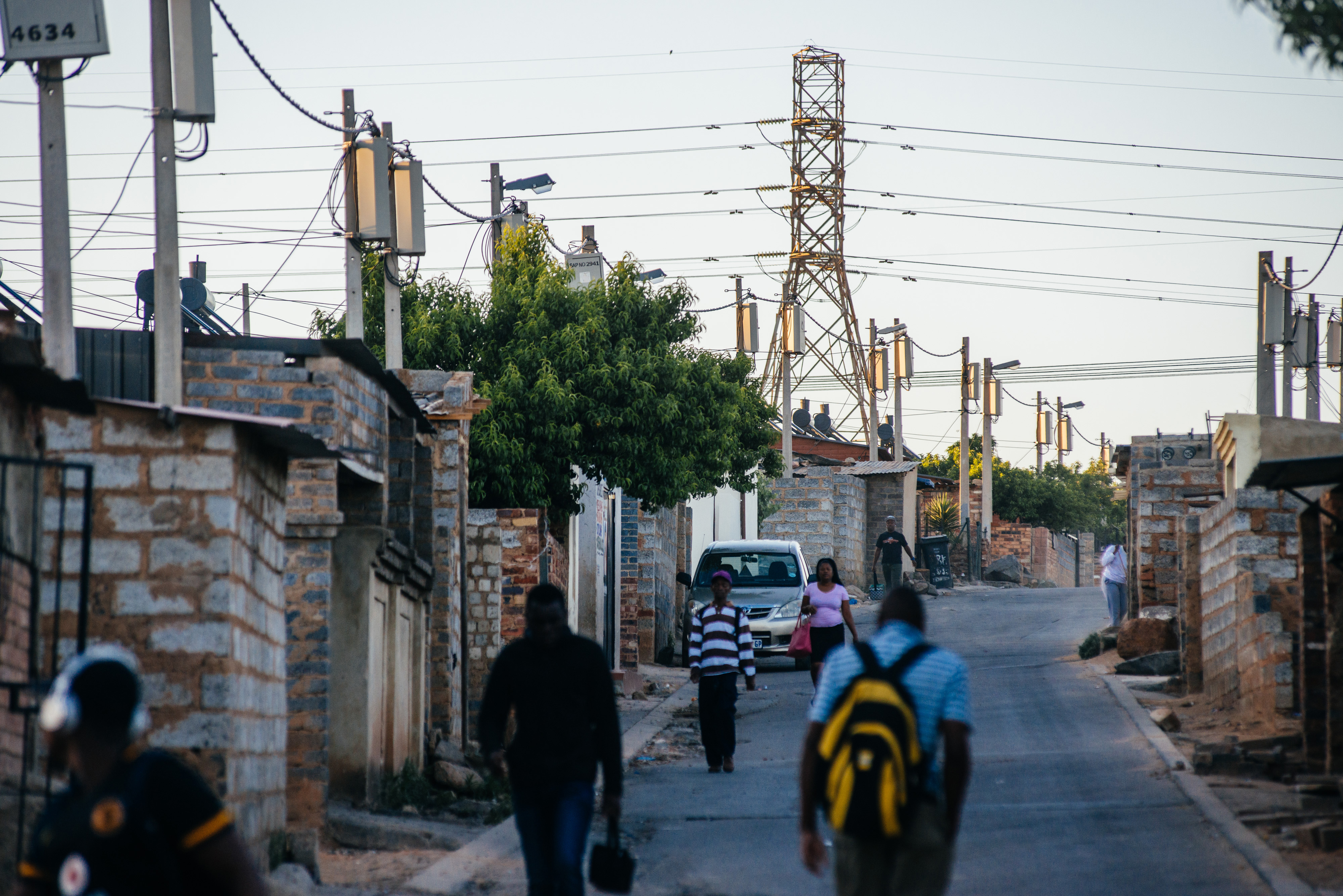The vast majority of indigent households served by City Power, the municipal electricity distributor for the City of Johannesburg, are in for a nasty surprise, with massive cost increases from 1 July — if the National Energy Regulator of South Africa (Nersa) approves the new electricity prices applied for by City Power.
On average, indigent households — the poorest of the poor in Johannesburg — use about 200kWh of electricity per month, and with effect from 1 July, such households face an increase of about 60% for this very low amount of electricity. Poor households using 300kWh of electricity per month face an increase of 45%.
This is a result of major structural changes in prepaid meter electricity tariffs and tariff rates approved by the council of the Johannesburg Metropolitan Municipality and submitted to Nersa for approval for implementation from 1 July.
In particular, for its residential prepaid high tariff (which applies to the vast majority of indigent customers with prepaid electricity meters), in addition to price increases on its variable energy tariff rates of some 12.5% for the 2024/25 financial year, City Power has applied for an additional R230 fixed cost per month.
City Power’s prepaid meter tariffs and tariff rates for the 2023/24 financial year, and those before Nersa for approval for the 2024/25 financial year, are shown in Table 1 below:
 Table 1: City Power Residential Prepaid electricity tariffs and tariff rates for 2023/24 and 2024/25.
Table 1: City Power Residential Prepaid electricity tariffs and tariff rates for 2023/24 and 2024/25.
The residential prepaid low tariff applies to households in areas served by City Power that are currently formally registered as indigent and appear on the Indigent Register of the City of Johannesburg. The residential prepaid high tariff applies to all other households with residential single-phase prepaid meters in areas served by City Power.
According to the equitable share grant from the National Treasury to the City of Johannesburg for free basic electricity, there are about 950,000 indigent households in the City of Johannesburg metropolitan area that should be receiving free basic electricity.
The City of Johannesburg’s data show that about 670,000 households live below the lower-bound poverty line. However, self-reported data by the city in the annual Stats SA non-financial census of municipalities further indicates that just under 30,000 indigent households are on the Indigent Register to receive free basic electricity.
This means that some 95-97% of all indigent households in the Johannesburg metropolitan municipal area are not on the city’s Indigent Register and therefore the residential prepaid high tariff applies.
On average, a typical indigent household with a prepaid meter that is not on the Indigent Register (about 95-97% of indigent households) is estimated to use about 200kWh per month. From Table 1, in 2023/24 this would have cost them 200 x R2.41 = R482 per month including VAT, while in 2024/25 this would cost them 200 x R2.72 + R80.50 + R149.50 = R774. This is a 60% increase in one year.
In 2022/23, a typical poor household with a prepaid meter that is not on the Indigent Register using 300kWh per month would have had a cost of 300 x R2.41 = R723 per month including VAT, while in 2024/25 this would cost them 300 x R2.72 + R80.05 + R149.5 = R1,046 per month. This is a 45% increase in one year.
Another way of looking at this is as follows:
Consider a typical indigent household that is not on the Indigent Register (about 95-97% of all indigent households in the Johannesburg metropolitan area) that previously spent R500 per month on electricity. They would have received 500 ÷ R2.41 = 207kWh of electricity.
From 1 July, when the same typical indigent household goes to the prepaid electricity vendor with R500, it will now only get 500 – 230 ÷ R2.72 = 99kWh of electricity. This means that 95-97% of indigent households will on average get less than half the electricity per month in the 2024/25 financial year than they were previously getting for the same R500 per month the year before.
My guess is that there are going to be between 640,000 and 920,000 indigent households in the Johannesburg Metropolitan Municipality served by City Power that will be very surprised and shocked, and maybe even a tad angry, if Nersa approves the city’s new prepaid electricity tariffs.
So, now we wait to see if Nersa will approve a 65% average electricity price increase for the poorest and most vulnerable of households in the City of Johannesburg with effect from 1 July. DM
Chris Yelland is the managing director of EE Business Intelligence.




 Table 1: City Power Residential Prepaid electricity tariffs and tariff rates for 2023/24 and 2024/25.
Table 1: City Power Residential Prepaid electricity tariffs and tariff rates for 2023/24 and 2024/25. 